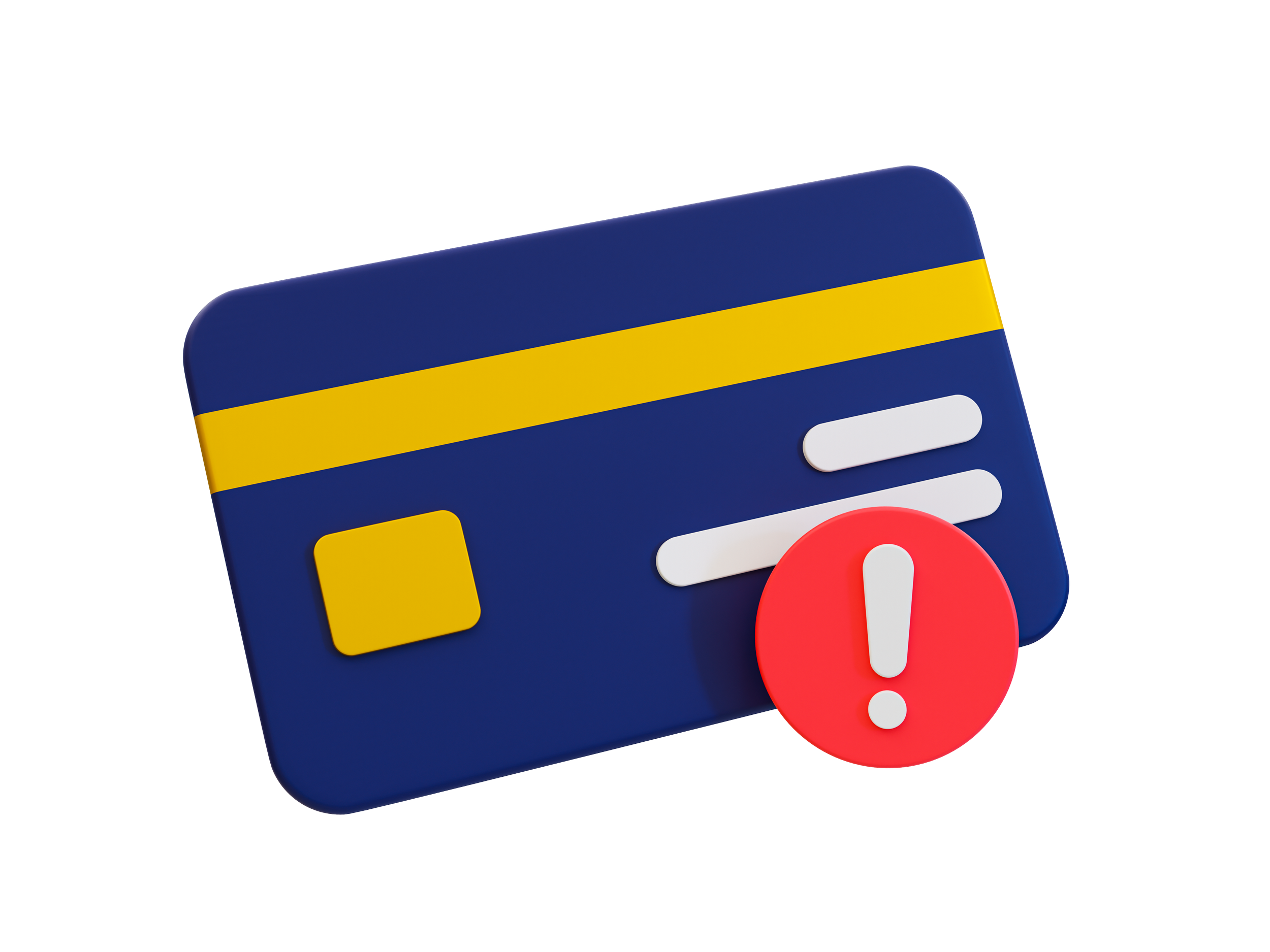Bad Credit Mortgage in Vancouver
We get it, life happens. But bad credit doesn’t mean you can’t get a mortgage. See how we can help.
Bad credit can happen to anyone. Late payments, illness, and sudden loss of employment are just a few examples of life events that can lead to bad credit. The 6 major banks will generally not approve individuals with less than perfect credit, fair credit, bruised credit, poor credit, or bad credit. However, we have mortgage options available with different lenders such as credit unions, mortgage investment corporations (MIC), alternative lenders, trust companies, and private lenders.
What are the Requirements?
Generally lenders will look for the following when approving a bad credit mortgage in vancouver:
1. Property
Your property will be the biggest driving factor of your approval. Your mortgage size will be capped at 80% of your appraised property value, but this can be lower if your property is outside of a major city or isn’t kept in good condition.
2. Credit Score
Bad credit mortgage lenders will want to see a minimum credit score of 500. You can still be approved if your credit score is below 500, but you’ll be faced with shorter terms and higher interest rates & fees.
3. Income
You don’t always need income to get qualified for a bad credit mortgage if you have enough equity in your property. However, some lenders may want specific income requirements depending on your overall mortgage application.
Discharged Bankruptcy or Consumer Proposal
You can be approved for a mortgage right away if you’ve recently been discharged from a bankruptcy or consumer proposal. Bankruptcy and consumer proposal discharges can stay on your credit bureau for up to 7 years, which will lead to less favourable mortgage terms & conditions. As long as your credit is being managed correctly, 2-year after your bankruptcy or consumer proposal discharge is when you’ll begin to see more favourable mortgage terms & conditions.
Repairing Your Credit
It’s recommended to speak with a credit specialist at your local bank or credit union for the best strategy to improve your credit score. Below are some general tips that can help you improve your credit score:
Keep your credit utilization under 30%—for example, if you have a $1000 credit limit on your credit card, avoid exceeding $300 on your credit balance.
Make all payments on time—missed payments will have a negative impact on your credit.
Review your credit report—checking your credit report regularly is important in case there’s any errors.
Limit credit checks—having too many credit inquiries will report negatively on your credit.

Ready to Apply
for a Mortgage?
Book a Free Consultation
It’s your right to get the best mortgage possible! Book a free consultation today and let us handle the rest.


